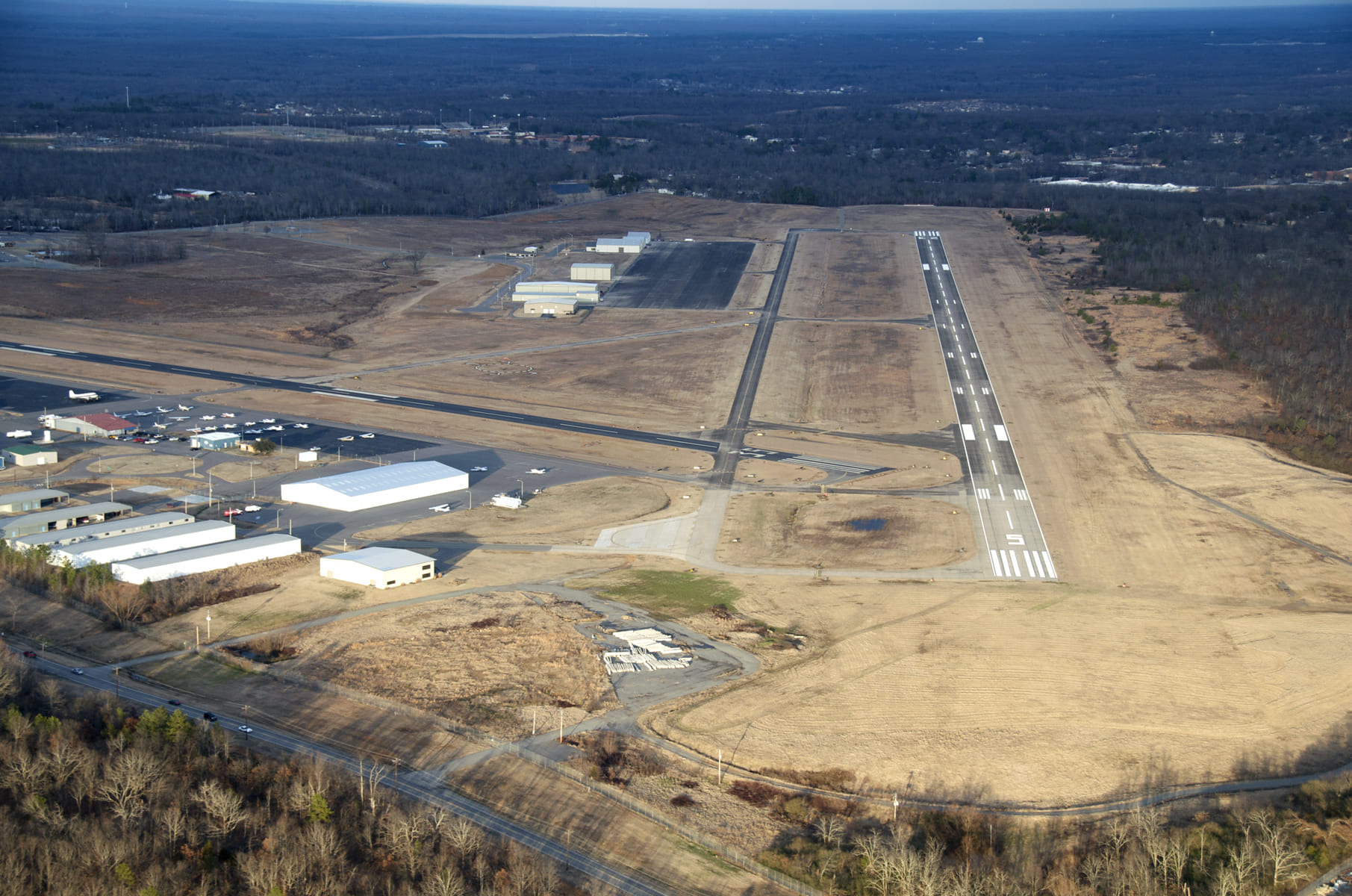| Arkansas International Airport |
|---|
| Country: | United States |
| State: | Arkansas |
| IATA Code: | BYH |
| Elevation: | 77m |
| Current time: |
05:31:19 Sat, 26 Jul 2025
|
Arkansas International Airport (BYH), located in Blytheville, Arkansas, primarily serves as a regional airport with a focus on cargo and aviation services. Once a former Air Force base, it now plays a vital role in supporting local industries and economic development.
Arkansas International Airport: From Military Base to Regional Hub
Arkansas International Airport (BYH), located in Blytheville, Arkansas, has a unique history that dates back to its origins as an Air Force base. Established during World War II, it served as Eaker Air Force Base, a vital facility for military operations. For decades, it played a critical role in U.S. defense strategy, hosting aircraft and personnel during pivotal moments in history. In 1992, the base was decommissioned and transformed into a civilian airport, marking the beginning of its new chapter as Arkansas International Airport.

Today, the airport primarily focuses on cargo and aviation services, catering to the needs of industries in the region. Situated near Blytheville, the airport also serves nearby towns like Osceola and Jonesboro, as well as Memphis, Tennessee, which is located just an hour's drive away. The vast airfield and its strategic location make it an essential hub for freight operations, supporting businesses that rely on efficient transportation of goods.
The Role and Importance of Arkansas International Airport
Arkansas International Airport is a cornerstone of economic activity in the region. Its large runways, originally designed for military aircraft, now accommodate cargo planes and private aviation, making it a critical asset for local industries such as agriculture, manufacturing, and logistics. The airport attracts businesses by offering easy access to air freight services, boosting the economic potential of northeastern Arkansas.
In addition to its cargo operations, the airport provides aviation maintenance services, training programs, and facilities for private pilots. Its proximity to industrial hubs and major highways enhances its significance, bridging the gap between rural Arkansas and national and international markets.
Economic Impact and Future Potential
The impact of Arkansas International Airport extends beyond aviation. It generates jobs for the community, ranging from aviation technicians to administrative staff, and supports the growth of surrounding towns. The airport's facilities have also attracted investments from logistics companies and manufacturers, reinforcing its importance as a regional economic driver.
Looking ahead, the airport has the potential to expand its role in air cargo and aviation services. With continued investment in infrastructure and partnerships, it can further strengthen its position as a key hub for businesses in Arkansas and beyond.
Arkansas International Airport stands as a testament to adaptability and progress. From its military roots to its role as a vital regional airport, it continues to connect the region to broader opportunities while driving economic growth and development.
Nearby Airports
- Jonesboro Municipal Airport, JBR (About 65 km)
- Millington-Memphis Airport, NQA (About 68 km)
- McKellar-Sipes Regional Airport, MKL (About 101 km)
- Memphis International Airport, MEM (About 103 km)
- Cape Girardeau Regional Airport, CGI (About 144 km)